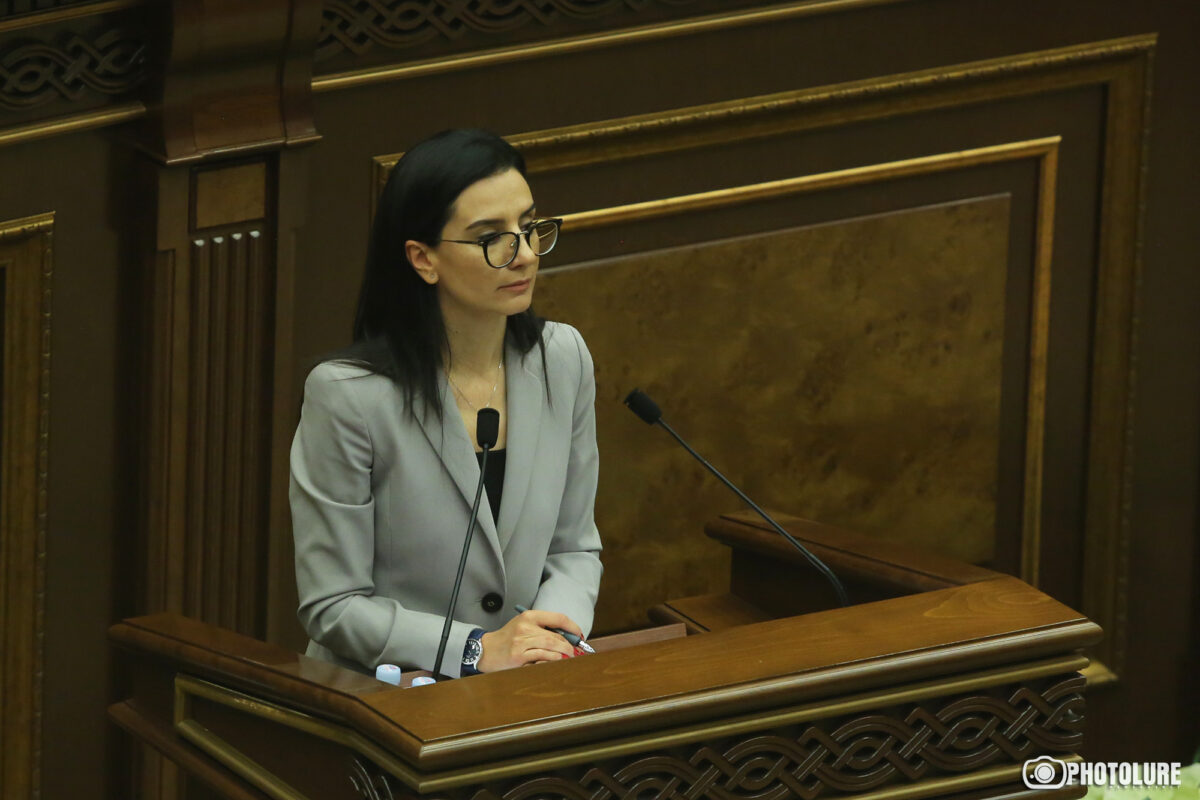“I am not satisfied, but there is progress”: Armenian Prime Minister on reforms in the judicial system
Armenia adopts new strategy for judicial and legal reforms
“I am personally not satisfied with the reforms in the judiciary, but according to international partners, we have made significant progress,” Prime Minister of Armenia, Nikol Pashinyan, said at a government meeting.
The Armenian government has adopted a strategy for judicial and legal reforms and an action plan for 2022-2026. Within its framework, digitalization of civil judicial proceedings is planned.
According to the Minister of Justice, this means that lawyers will be able to file lawsuits and petitions without going to the court. After a while, conducting online court hearings will also become possible.
Below we present the reforms planned in the field of justice for the next 5 years, as well as an assessment of what has been completed in the recent years.
- “Are Washington and Moscow watching?” Visits of the heads of US and Russian special services to Yerevan
- General who demanded PM Pashinyan’s resignation heads of General Staff of Armenian Armed Forces
- International Freedom House group appeals to Armenian PM to hold in-person press talks
Minister of Justice: “Not the entire strategy is new”
Justification of the Ministry of Justice project states that the previous strategy emphasized:
- the need to create an effective judicial system,
- form an independent and publicly trusted judiciary.
A number of reforms were implemented, but they did not fully ensure achievement of goals.
“Adoption of the strategy plans to bring judicial and legal reforms in line with modern social and legal trends and demands, predetermine the directions of reforms, coordinating them with the priorities set in the new government program,” the project justification says.
Reforms of the judiciary in the next 5 years will be aimed at:
- creating a unified management system “Electronic Justice” and ensuring the availability and modernization of electronic databases,
- applying transitional justice tools and conducting investigations to identify systemic human rights violations,
- criminal law reform,
- development of alternative dispute resolution methods,
- legal aid reforms,
- reforms in the enforcement system.
Minister of Justice Karen Andreasyan notes that not the entire strategy is new. Part of the planned work is continuation of the previous strategy adopted in 2019:
“Unfortunately, some important areas were not implemented due to the coronavirus epidemic and the war. Some are almost ready. We will be able to implement them in the coming months.”
“Civil litigation will be digitalized”
A tender has already been held to start the process. The government will allocate 348 million drams (about $850,000) to the competition winner.
“By digitalization, we mean that lawyers will be able to file lawsuits, petitions, and evidence from their offices. Litigation can also be conducted online: people, lawyers will not need to appear in court,” said Minister of Justice Karen Andreasyan.
He added that in the future the same approach would be applied to administrative and criminal proceedings.
Pashinyan: “It’s good that we demand more from ourselves”
“We are criticized for the reforms in the judicial system. They note that the work was not sufficiently successful or intensive,” the Prime Minister of Armenia said.
Pashinyan stressed that he personally was “not satisfied” with the reforms, but a significant amount of work has been done in a number of areas, and this was noticed by Armenia’s international partners.
“Of course, on the one hand, it is good that we demand more from ourselves, on the other hand, we should note that our international partners think we have made significant progress.
We lead in a number of areas among the Eastern Partnership countries: trust in elections, fight against corruption, freedom of speech.”
According to the Prime Minister, a huge layer of reforms in the judicial system is directly connected with digitalization. This work should be systematic and cover all areas:
“It is very important that the digital formulas are functional and legally accessible to the relevant entities.”
Pashinyan says that initially, it will be possible to submit claims to courts electronically and administer all documentation online. He added that later trials would take place as online correspondence, which means, there will be no need to appear in court.
Reforms of the judicial system in Armenia





















